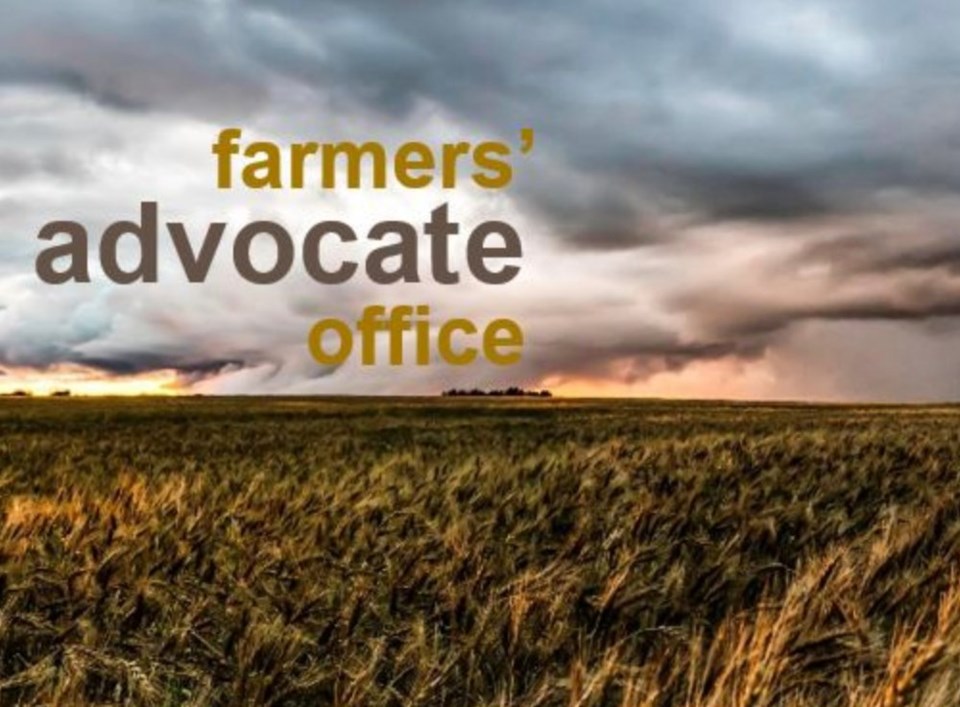WESTERN PRODUCER — Saskatchewan’s general farm organization wants the provincial government to create a farmers’ advocate office.
A resolution passed at the Agricultural Producers Association of Saskatchewan annual general meeting in January said that an office similar to that in Alberta would assist farmers.
Ryan Scragg from the Rural Municipality of Garden River said the topic came up at district meetings during discussion about trying to reject a piece of equipment through the Agricultural Implements Act.
He said the process for that and other issues can be confusing and needs to be timely.
“Just having something like this would allow farmers a lot of extra power that we don’t really have,” he said. “Organizations like this, we can talk to government but the regular farmer can’t.”
The resolution asks APAS to lobby for an advocate office “to ensure that producers have consumer protection, rural opportunities and fair process.”
Twenty-five other resolutions were passed at the meeting, including two opposed to the Saskatchewan Growth Coalition’s call for changes to the effective mill rate ratio. The coalition wants the province to introduce a ratio of 0.75 to 2.0 instead of the 1:9 limit currently in place.
APAS said that would place an increasing tax burden on agricultural and residential property classes.
Delegates voted to call on the provincial government to reject the proposal, and to work with the rural and urban municipalities’ associations to send out information to residents about possible effects if the proposal was to be accepted.
Delegates also voted to express extreme disappointment with both the federal and provincial governments for not allowing zero-tillage offset protocols because too many producers have adopted the practice. They intend to continue advocating for producer efforts in carbon sequestration to be recognized.
In the face of last year’s drought, delegates want Saskatchewan Crop Insurance Corp. to allow farmers to choose whether they get an establishment claim or a full yield loss claim when crops don’t grow or fail to establish.
They also agreed that the province should lower the gross income threshold to access the Farm Stewardship and Farm and Ranch Water Infrastructure programs from $50,000 to $25,000. This would allow new and smaller producers to establish wells and dugouts, they said.




